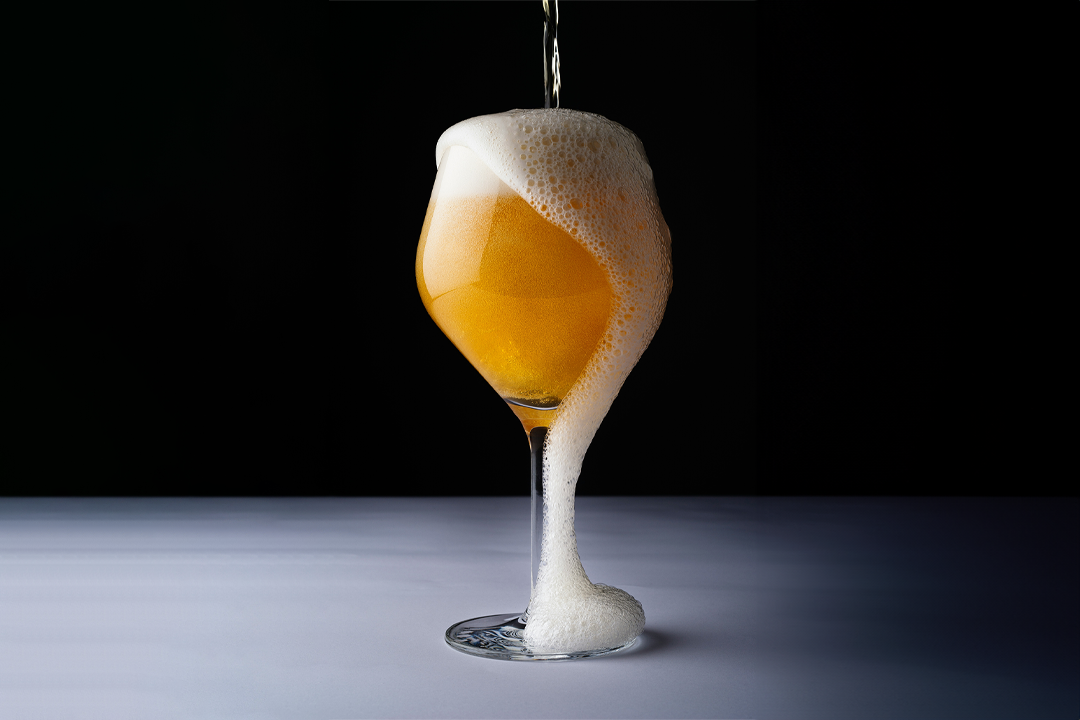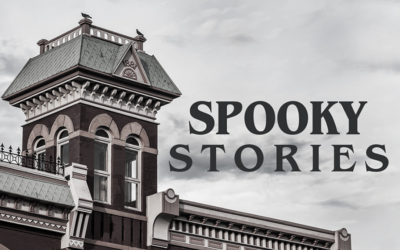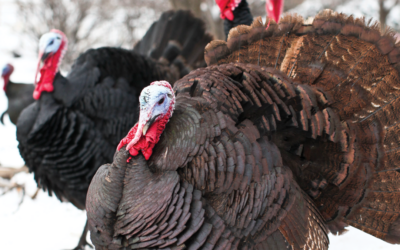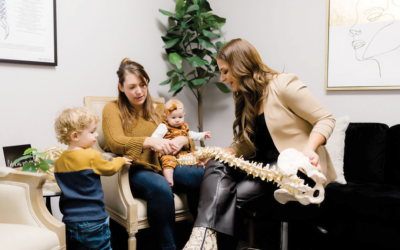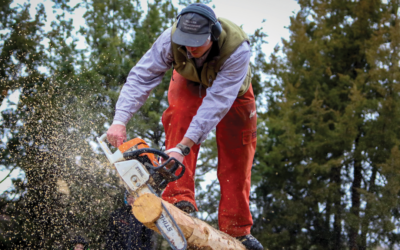Devon Adams had an unquenchable passion for beer when she began working in a taproom in 2006. She decided she wanted more after her boss inspired her with a backhanded compliment.
“One day I overheard the CEO comment that I might not be the most qualified [to work in a brewery], but I was the most enthusiastic,” she says. “I decided I wanted to be the most qualified.”
She studied to become a Cicerone: an expert in beer, much like a sommelier in wine. The exam required her to differentiate beer styles by appearance, aroma and taste, know the mechanics of draft lines and beer-serving equipment and pair beer with food.
It’s a demanding certification. When Adams decided to become an Advanced Cicerone, she estimates she spent up to 50 hours per week studying over nine months to prep for the exam. She also spent thousands of dollars.
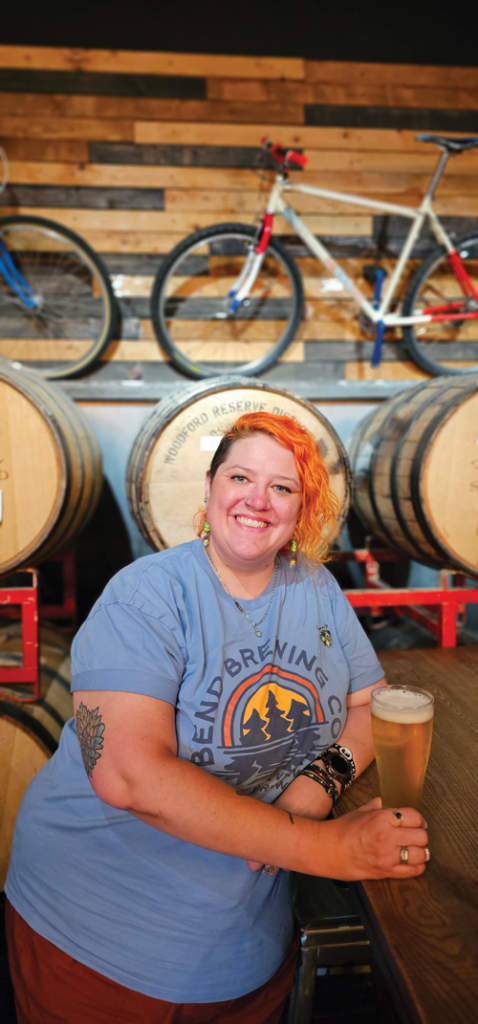
Devon Adams. Photo by Josh Norton.
“Studying for my Advanced Cicerone was like having another full-time job,” says Adams, who lives in Evergreen and works for Colorado Parks and Wildlife.
When she successfully completed her Advanced Cicerone exam in 2017, she was one of only two women and the 28th person in the world to gain the certification.
A standard for beer
The Cicerone Certification Program was founded in 2007 by Ray Daniels, a veteran in the craft beer industry who wanted to create a standard for beer servers that allowed them to become well educated in beer flavors and styles, along with the proper service and handling of beer. Since then, the certification has become the globally recognized standard.
The program provides a detailed syllabus and an outside resource list for Cicerone certifications. Sensory training classes, off-flavor kits and online courses are also available.
As Adams can attest, that barely scratches the surface of the study materials needed, as well as the countless hours spent tasting to be able to differentiate between hundreds of beer styles, some of which are very close in nature (after all, beer has been around since 11,000 B.C., according to beer historian Travis Rupp). Participants learn everything there is to know about beer, including the basics of brewing, without having to brew it themselves.
There are four certification levels: Certified Beer Server, Certified Cicerone, Advanced Cicerone and Master Cicerone. While the lowest level, Certified Beer Server, is approachable for many familiar with serving craft beer, the higher levels require extensive research, study and sensory training. Worldwide, there are now almost 160,000 Certified Beer Servers, but only around 200 Advanced Cicerones and 28 Master Cicerones.
While the Beer Server certification and the written portions of the Certified, Advanced and Master certifications may be taken online, the rest of the exam, including the tasting portion, must be taken at a testing location. There are only a few held in the U.S. every month, so those seeking their Certified, Advanced or Master certification often travel to take the exam.
Adams uses her certifications to judge both national and international competitions, including the Great American Beer Festival held in Denver every October. She was recently invited to judge at the African Beer Cup in 2026.
On top of that, she consults with small breweries on beer quality and helps them develop sensory programs, where staff are trained to correctly taste different styles and identify off flavors in beer. She dreams of one day turning her passion for beer into a full-time consulting career.
Having a certified Cicerone on staff is a great way for small breweries to focus on the quality of their product and the way it is served, Adams says.
“I would love to see every brewery or brewpub become a place that offers a wonderful experience and where the beer is excellent,” she says, “and I would love to help breweries understand they can have a sensory program that doesn’t take a lot of money or a lot of time. Great beer is achievable.”
Sharing the knowledge
Abby Bruins, a Certified Cicerone and financial services professional for New York Life in Fort Collins, wanted to get certified to add some froth to her passion for beer. She passed her exam in 2021.
Bruins has taken the knowledge she gained to create a local networking group, Hops & Handshakes. Members join her at a different Northern Colorado brewery on the third Thursday of each month, where she walks them through a curated taster flight of beers and teaches a little beer history.
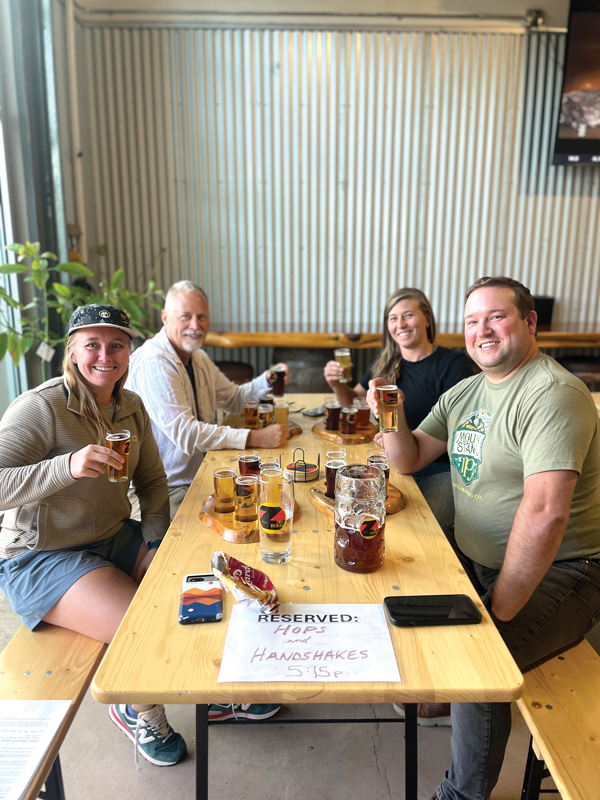
Abby Bruins (front left)
“It is different from the typical networking group,” she says, adding that beer tasting allows for a “fun, more relaxed” atmosphere.
Taprooms are a vital community space, Bruins says, despite the decline in popularity craft beer might be experiencing. The Brewers Association estimates that craft beer sales declined nationally by almost four percent in 2024.
“There is a narrative out there that says craft beer is dead. It is not,” Adams says. “I think we are a maturing industry. People want more from a brewery.”
Quality and experience are both vital for craft breweries, she adds, and the Cicerone program is one avenue to elevating both.
“Any time an industry gets to the point of a certification program, it shows how much thought and care is given to the product and experience,” she says. That translates to “a lot of joy for the consumer.”
____________________________________________
Where do Cicerones go to enjoy a craft brew in NOCO?
Adams: Stodgy Brewing Company, Fort Collins
“It’s so charming without being pretentious. [It’s] cozy and unique, and their tree grove is such a perfect place to hide from the brutal high plains sun. They are also an awesome taproom because they have comfortable seating. Feeling comfortable physically is an oft overlooked aspect of the experience.”
Bruins: Jessup Farm Barrel House, Fort Collins
“I like to go upstairs when it snows and enjoy a dark beer and read or play board games. There is something special about its coziness in the wintertime.”
____________________________________________
What local beers do Cicerones drink?
Bruins:
Mythmaker Brewing
“Mythmaker’s Mexican Lager (5.3% ABV) is brewed with pilsner, pale, Vienna and Munich malts. While still gold in color, this added a complexity and profile that I really enjoyed. [There were] great corn notes from the flaked maize. It stood out to me as different and really enjoyable compared to other Mexican lagers I’ve had.”
Odell Brewing Co.
“Odell’s 90 Shilling (American amber ale, 5.3% ABV) is one my go-tos. It’s light and easy to drink while also being packed with flavor. With just a touch of chocolate malt, I like the ever-so-subtle dry cocoa note.”
Prost Brewing Company
“Prost’s Vienna (Austrian-style amber lager, 5.4% ABV). I really appreciate the toast notes in both the aroma and flavor; there’s a bit of an almond-nutty quality. I enjoy it paired with meats, like pulled pork or smoked/candied bacon. The crisp and clean quality of the lager yeast rinses the fatty, oily notes from the meat.”
Zwei Brewing Co.
“I love Zwei’s Schwarzbier (black lager bier, 5.2% ABV) because it hits the spot even in the summertime. It has qualities of burnt sugar while still [being] really soft and drinkable.”
Adams:
Jessup Farm Barrel House
“While they are renowned for their sours, their Barrel House West Coast IPA (7.2% ABV) is a well-crafted, complex-but-drinkable example of the style. It has a beautiful interplay of hop aromas and flavors—leaning toward a classic American citrus and avoiding any overly tropical influences—for those looking for pure hop expression without an icky-sticky aftertaste.”
Verboten Brewing & Barrel Project
“I can’t talk about NOCO beers without mentioning arguably the best barrel-aged brewery in the state. Of course, I’m not going to talk about Grow Old With You or Mountain Man or even Killer Boots, but rather their immaculate Märzen (5.8% ABV). This is a style I anxiously anticipate every year—and travel to taste every one I can find—and Verboten’s is always in my top three.”
Timnath Beerwerks
“I was delightfully surprised by their Lake Water Mexican Lager (4.4% ABV). The use of the mandarin-meets-lime flavors of calamansi fruit in the beer is unique, bright and avoids the artificiality that often accompanies fruited beer.”
Honorable Mentions
Stodgy Brewing Company’s Scottish Ale (5.3% ABV) — “Perhaps the best example of the style in the state.”
Hello Brew Co.’s Anie (hazy IPA, 8.1%) — “Fantastic use of New Zealand hops in a hazy.”


